A Drier Summer
★ ★ ★ ★
By Erin O’Loughlin
Home for the holidays, and I am reminded of water. There’s not much of it about. In my parent’s backyard, wattle birds, silvereyes and the occasional crimson rosella swoop in to visit the bird bath, grateful for a drink, and a quick splash to cool down. We arrived at nighttime, so we were spared the view of the parched countryside on the drive home from the airport. But in the daylight, the neighborhood front yards are dusty patches of dirt, the only relief the grey-green of eucalyptus leaves.
“I thought you said the drought was over,” my Italian husband says.
“This is just summer,” I shrug in reply.
The back of my parents’ house is a paradise by comparison. There is no lawn here either—summer doesn’t allow a lawn anymore. But my father carefully tends the plants, watering at the prescribed times of day, with a handheld hose and special nozzle. My brother-in-law Walter, in Australia on his first visit, doesn’t really get it. He’s never bucketed water out of the bathtub to save the herbs. He’s never had to cock an ear out for the end of the washing machine cycle and then run in and collect the gray water, to try and keep the lemon tree alive. He’s just lucky that on this trip, water restrictions are over. Otherwise he’d have my mother banging politely on the shower door once he’d reached the five-minute limit.
My mother is trying hard not to nag. When Walter stands at the kitchen tap, thoroughly rinsing each grain of coffee from the coffee maker like a good, helpful guest, she stands four paces behind him, hands fluttering anxiously, torn between the desire to be a good hostess and the primal urge to snap the tap off and stop her precious water running down the sink.
This is the new normal, in my hometown. Of course, Australia has always been dry—a sunburnt, thirsty land, unforgivingly hot, unrelentingly arid. But not my corner of it. I grew up in Ballarat, a rainy city in the south-east, a wet spot on the fringes of all that empty barrenness. Now we talk about El Nino as an old enemy and about climate change as a new reality. El Nino brought the drought, and we watched as the countryside grew drier each year, and our little damp corner became part of a patchwork of brown, dry fields.
The reservoirs got lower, and we repeated the numbers to each other in low voices.
“White Swan’s down to 7.8 percent!”
It was unthinkable, frightening. Driving to Melbourne, we’d pass the Pykes Creek Reservoir, the water levels lower each time. That’s when they introduced water restrictions, and we realized that washing cars was a luxury, and hosing off driveways was a sin.
This year there won’t be any water restrictions. El Nino is here again, bringing his longer, hotter summer weather, but this time we’re ready. After the last time, the government built a desalination plant, a costly exercise in pessimism, which has sat idle for half a decade. But with water levels down to 52%, our “insurance policy” is being switched on. My parents’ herbs and lemons will survive another summer.
This alchemy from salty to sweet water is miraculous. Humans have become our own rainmakers. But despite our cleverness —we’re oh, so clever!—I fervently hope that our rain dance is accompanied by a people’s revolution, one of actions and behaviors and attitudes. A rising up against governments that pretend our resources are infinite, that prioritize production and forget about people.
Our rebellion will be one of new eyes. Eyes that can see the liters trapped in a cotton t-shirt. A gaze that can judge how much water was sucked from underground aquifers to grow our steaks and swell our almonds. Eyes that understand that even though water gushes from the tap every time we turn it on, even in countries far away from Australia, or Africa, or even California, it doesn’t mean that our clean, drinkable water is endless.
The drops of water that no longer fall in one country nonetheless cause ripples. We live in a sea of humanity and not in a bubble, linked by the flow of commerce and crops, and the floods of migration that carry people from one land to another. The Syrian drought that displaced so many farmers, driving them into urban centers in the first decade of the century, is said to have been the worst in 900 years. We are all linked.
I don’t live in Australia right now, but I am forever stamped by its red dust and scrubby bush. Water preservation is part of my nature, one of my habits. We are all bound to the landscapes we move in, the endless beauty of our hills and fields, our oceans and rivers and waterways. But preserving that beauty means turning off the tap. It means using less, and saving more. It means understanding that only a border separates us from the people who do not have clean water to drink. And borders are notoriously tricky things. Like my mother, I don’t mean to nag. But our five minutes is up, and water is more threatened, more precious than we know.
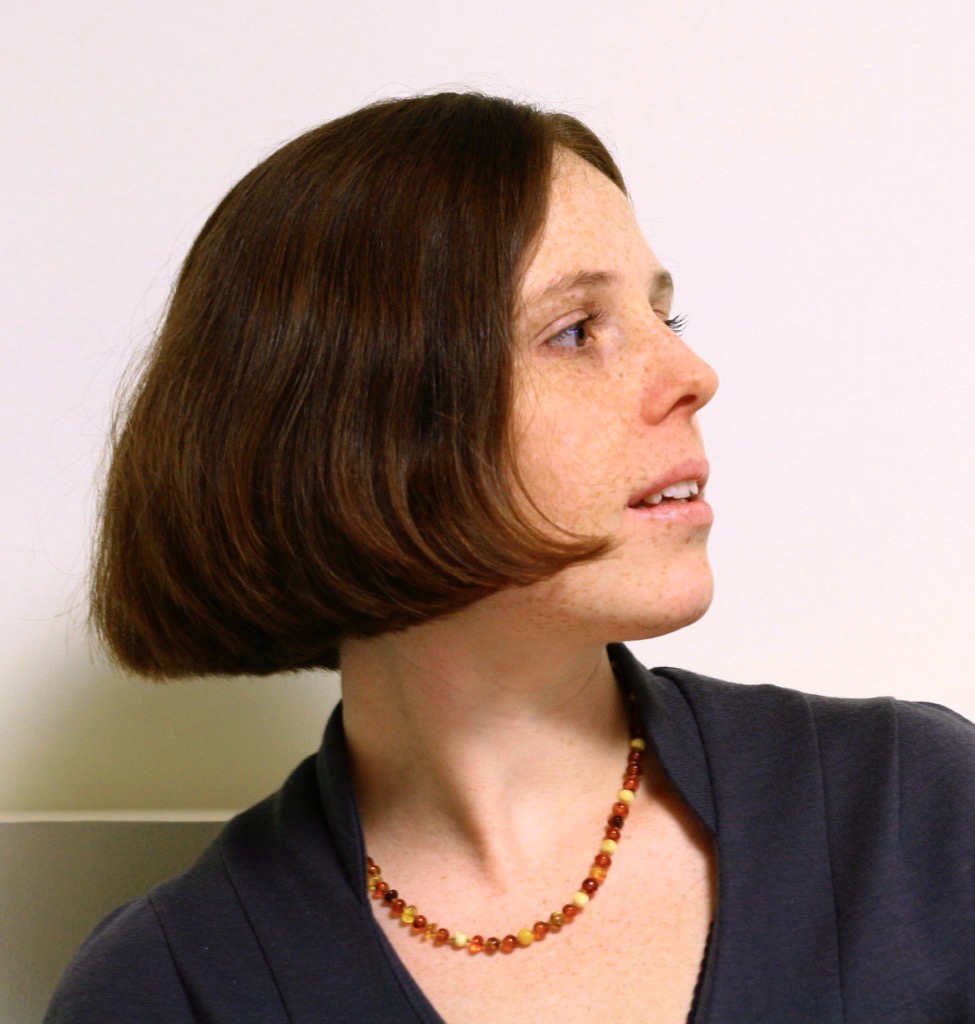
Erin O’Loughlin is a writer, translator and self-confessed foodie. Originally from Australia, she has lived all over the world including Japan, South Africa and Italy. She chronicles her family’s adventures with food on her blog www.recipe-roadtest.com. She lives in Berlin, Germany.

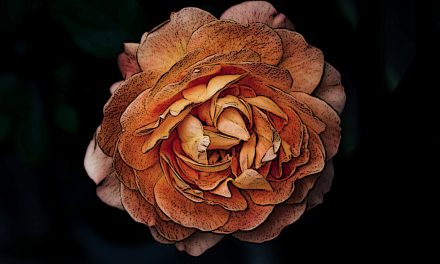
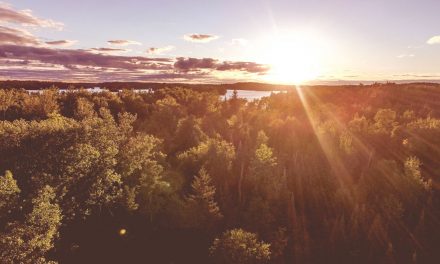
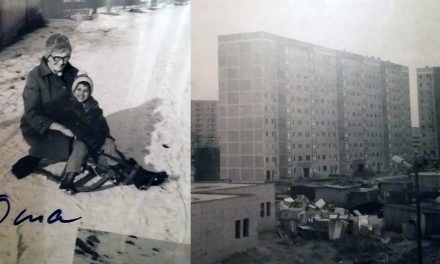
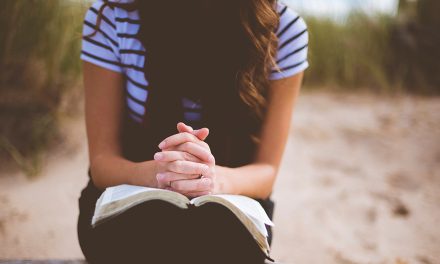























As a Californian who can only reminisce about the halcyon days of filling a bathtub in good conscience, I identified with, and thoroughly enjoyed, this piece. Our “five minutes” are indeed up!